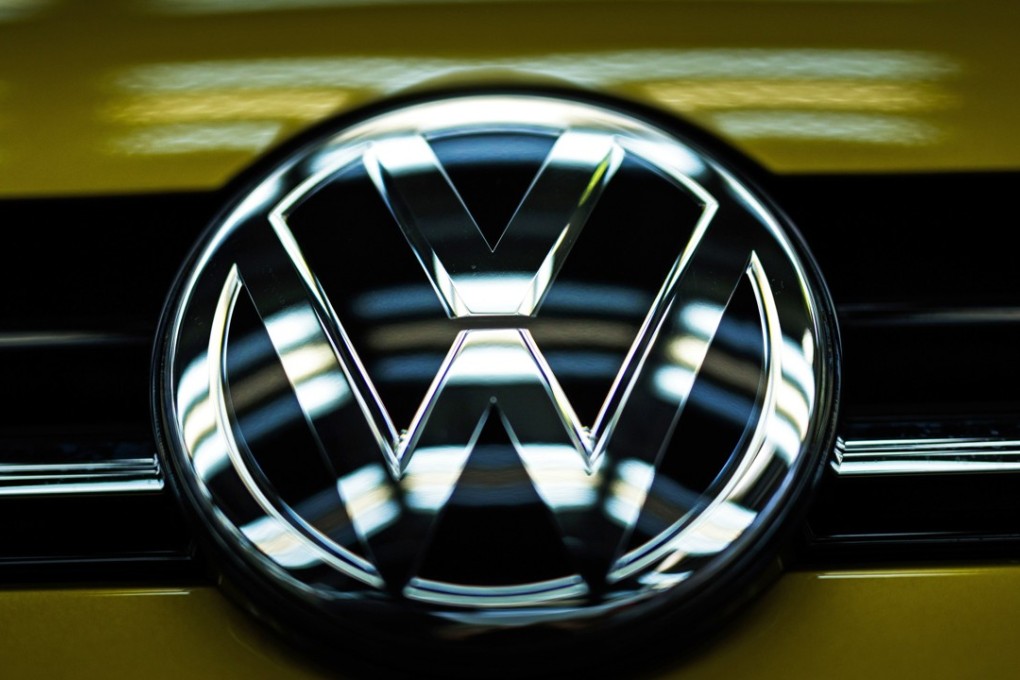Volkswagen to drive sales online, but ‘can’t send cars in the mail’
The German carmaker is looking to sell cars online in Europe, in a bid to increase efficiency in its dealer network. Its relationship with the dealers is still stuck in 2002, when they were banned from selling online

By Jonathan Braude
Volkswagen AG, the world’s second-largest carmaker, is preparing to push sales online, as internet commerce spreads to the market for new cars around the old continent.
Volkswagen aims to increase profitability and efficiency at its 3,000-dealer European distribution network by an average 10 per cent, VW brand sales chief Juergen Stackmann told German reporters in Munich. However, a spokeswoman told TheStreet Tuesday, that the company is not planning to shrink its dealer network, insisting it wants to work with dealers to improve sales.
“We can’t send cars through the post, like Amazon,” she said. “They’re too big. Even if the customer wants to buy online, we need the dealers to be in the picture.”
Volkswagen shares were marked 1.21 per cent lower late afternoon in Frankfurt, compared to a 0.14 per cent decline for the DAX performance index benchmark, and changing hands at €146.5 each.
Volkswagen, which was once at the forefront of the car-industry’s fight-back against online sales, now recognises that customers’ needs have changed and it has to adapt to a digital world.